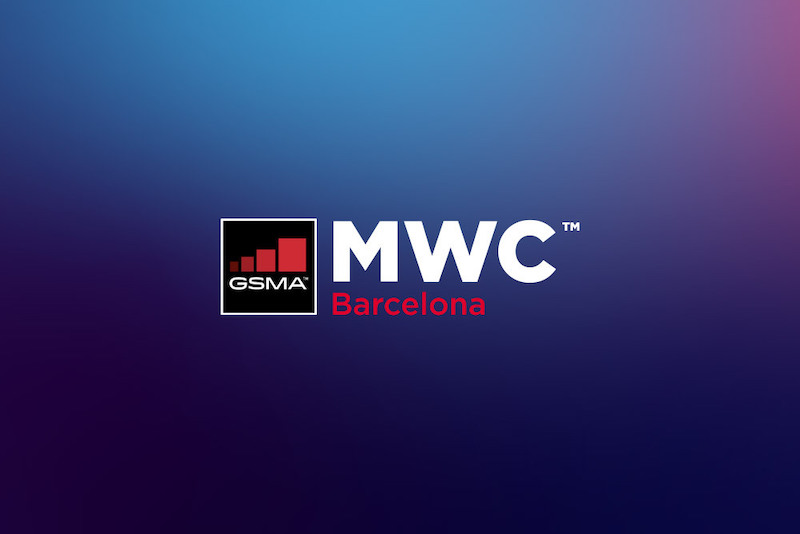| Title: | 次世代バイオ技術「ゲノム編集」の産業応用とそのリスク |
| Updated: | 2018/08/22 |
| Category: | 市場環境分析 |
| Areas: | 世界 米国 |
次世代バイオ技術「ゲノム編集」の産業応用とそのリスク
微生物から動植物まで、あらゆる生物のDNAを自在に改変するゲノム編集。この驚異的なバイオ技術の実用化が間近に迫っている。
既に米国では、一部のバイオ・ベンチャー企業がゲノム編集で品種改良された大豆の栽培を進め、これを加工した「健康に良い植物油」などを2018年中にも発売する予定。一方、中国ではゲノム編集と免疫療法を組み合わせて、各種の癌を治療する臨床研究が80人以上の患者を対象に実施されている。
他方、ゲノム編集には、その安全性への懸念などから規制を求める声も出始めている。消費者団体や環境保護団体などは、かつて食の安全を脅かすとして「GMO(遺伝子組み換え食品)」の規制を訴えてきたが、今後ゲノム編集で開発される新型食品にも同様の規制を求めている。しかしながら、欧米や日本、中国など各国の規制方針はバラバラで先行きは不透明だ。
さらにゲノム編集には、その技術の乱用を危惧する見方もある。体外受精で得た受精卵をゲノム編集すれば、深刻な遺伝性疾患を子供が生まれて来る前の段階で治すことができる。ところが、この技術が乱用されると、これから生まれる子供の知能や外見、運動能力などを、親が予め望み通りに設計してしまう「デザイナー・ベビー」の誕生につながる恐れがある。
こうした科学技術の暴走を防ぐため、2015年12月には世界中の生命科学者らが集う国際サミットが米ワシントンDCで開催され、そこでゲノム編集の規制方針が議論された。しかし、ここでは「基礎研究は容認」との方針が打ち出されたため、2017年8月には「ヒト受精卵のゲノム編集」が実際に米国で行われた。
事前の予想をはるかに上回るスピードで進むゲノム編集の研究開発。本レポートでは、「農産物の品種改良」や「医療」など産業への応用に焦点を当て、ゲノム編集の実用化とそこに潜むリスクや規制の現状などを紹介していく。
Genome Editing is a cutting-edge biotechnology which aims to freely modify DNA of any organisms from microorganisms to plants to animals. Research is taking place all over the world, and practical applications of this phenomenal biotechnology are coming soon.
In the United States, some biotechnology start-ups are already planning to release new products in 2018, such as "healthy vegetable oil," which would be produced with a new kind of soybean created by genome editing. Meanwhile, in China, clinical trials to combine genomic editing and immunotherapy to treat various cancers have been conducted on more than 80 patients.
On the other hand, it is acknowledged that certain kinds of regulations are needed for genomic editing due to safety concerns. There is a historical precedent for this: Since 1990s until recently, NGOs, such as consumer groups and environmental protection organizations, have appealed for the necessity of regulation of "genetically modified organisms (GMO)" because it threatens the safety of food. They also seek similar regulation for new types of food developed by genome editing in the near future. However, the regulatory policies of Europe, the United States, Japan, China and other countries are disjointed, and the future is uncertain.
There is also another concern that genomic editing is open to abuse to in its usage. For example, genome editing of fertilized ovum obtained by in vitro fertilization could cure serious genetic disorders at the stage before the child is born. However, if this technology is abused there is a danger of creating a, so-called, "designer baby," whereby parents will design their baby in advance as desired, in terms of intelligence, appearance, athletic abilities and so on.
In December 2015, in order to prevent such a runaway in science and technology, an international summit gathered life scientists from around the world in Washington DC, to discuss appropriate regulation policies for genome editing. However, since the policy of "basic research is acceptable" was put forward here, "genome editing of human fertilized eggs" was actually carried out in the United States in August 2017.
R&D for genome editing is progressing much faster than previously predicted. In this report we will focus on applications to industries such as "breed improvement of agricultural products" and "medical care," introducing practical use of genome editing, and the current state of risks lurking there and regulations.




